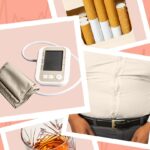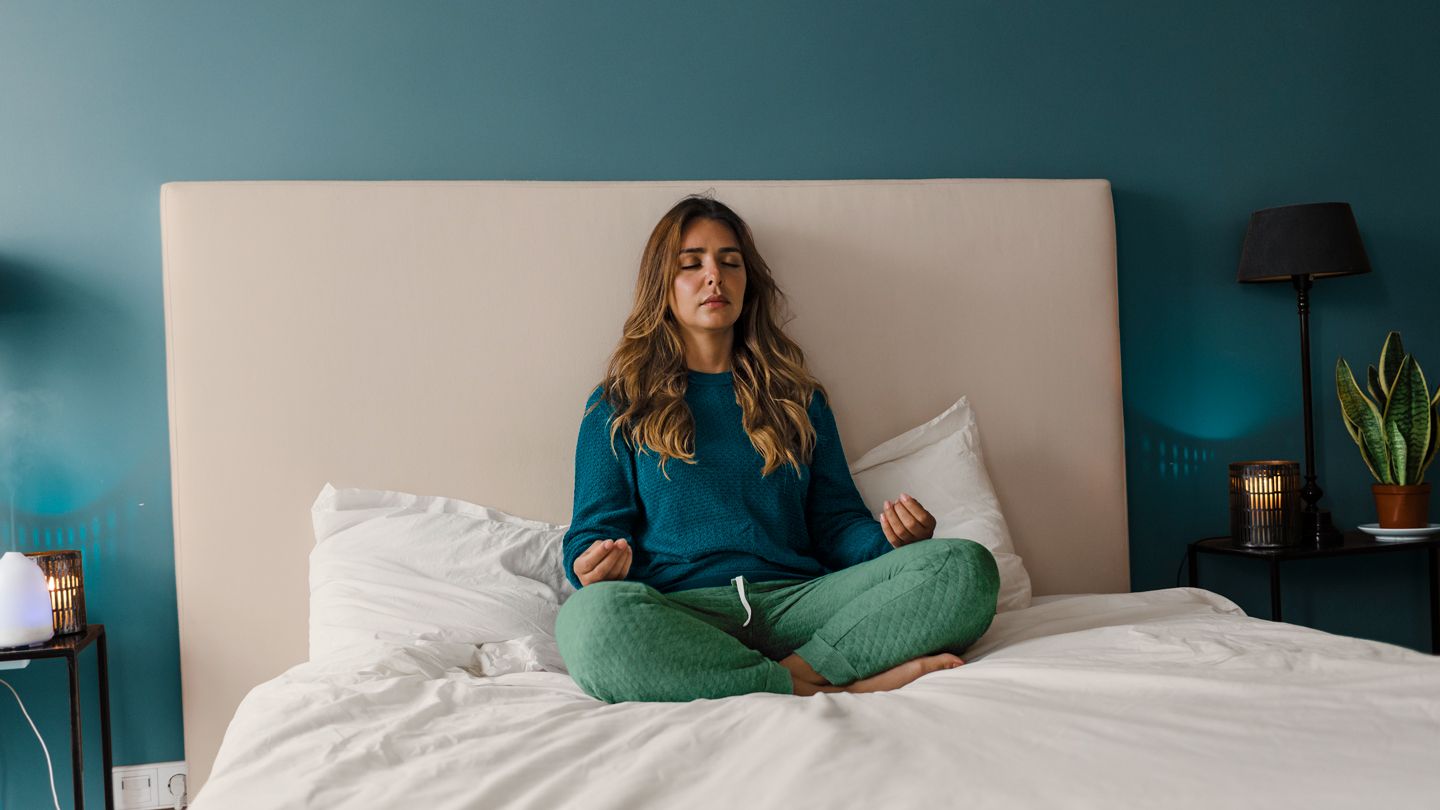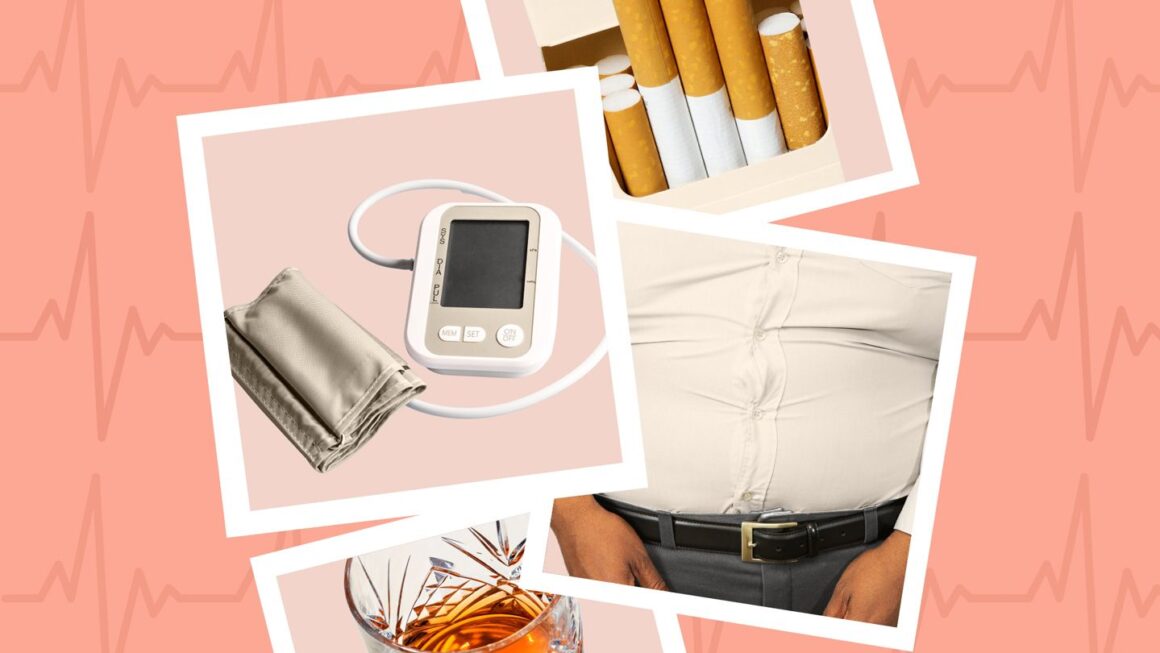Depression can also lead to hypersomnia (an excessive need for sleep) for some people, says Chester Wu, MD, a sleep medicine physician in Houston and a medical reviewer for Everyday Health.
What that means: If your depressive symptoms are throwing off your circadian rhythm, there’s a good chance you’ll have a hard time falling asleep at night, you might wake up several times overnight, or you might not feel refreshed when it’s time to wake up in the morning.
If your depression is messing with your sleep, these six tips can help you get better shut-eye.
1. Talk to a Mental Health Professional
You don’t have to sort out your sleep issues alone. A licensed therapist can help guide you to better sleep through psychotherapy, or talk therapy. Therapy, along with medication in some cases, can help improve both sleep issues and depression, says Wu.
2. Set a Bedtime Routine — and Stick to It
- Go to bed and wake up at the same time each day, even on weekends. This consistency will boost your odds of better sleep over time.
- Avoid bright light exposure before bedtime, including from screens and electronics. Light exposure at night can make you feel alert rather than sleepy because it stifles the release of melatonin, a brain chemical that plays a crucial role in regulating your circadian rhythm.
- Avoid caffeine or nicotine several hours before bed. These substances take hours to wear off and can keep you awake at night.
- Avoid going to bed hungry or eating large or heavy meals before bedtime. Any discomfort from either can keep you awake.
- If you take naps, limit them to no more than 20 minutes and avoid taking them too late in the day. Not only can longer naps mess with your sleep at night, but they could also worsen your depression. In one study, people who napped for longer periods of time had a higher risk of depression than those who took shorter naps.
- Find effective ways to manage stress and relax. “Before bed, engaging in activities like meditation, deep breathing exercises, or progressive muscle relaxation can help calm a person’s mind, reduce stress, and prepare their body to fall asleep,” says Dr. Frank. “These practices can be particularly beneficial for people with depression, as they promote relaxation and help manage anxiety, which often interferes with sleep.”
3. Make Sure Your Bedroom Is Sleep-Friendly
Your sleep space can have a big impact on the quality of shut-eye you get. “A comfortable sleeping environment with a good pillow, mattress, and bedding can enhance sleep quality by reducing discomfort and distractions, allowing for a more restful night’s sleep,” says Frank.
It’s also important to keep your bedroom cool, dark, and quiet. A bedtime environment that’s too warm, noisy, or bright can make it hard to sleep well.
4. Soak Up Some Sunlight During the Day
5. Steer Clear of Alcohol at Night
6. Exercise Regularly — but Not Too Close to Bedtime
Be sure to exercise several hours before bedtime so that your body has time to wind down again before you go to sleep. Working out too close to bedtime can have the opposite effect and keep you up longer.
The Takeaway
Sleep problems are common among people with depression, and poor sleep makes depression worse, often creating a cycle that can be tough to break. But improving your sleep routine, creating a sleep-friendly environment, practicing good sleep habits, and seeking professional help if you need it can help you rest better each night.













